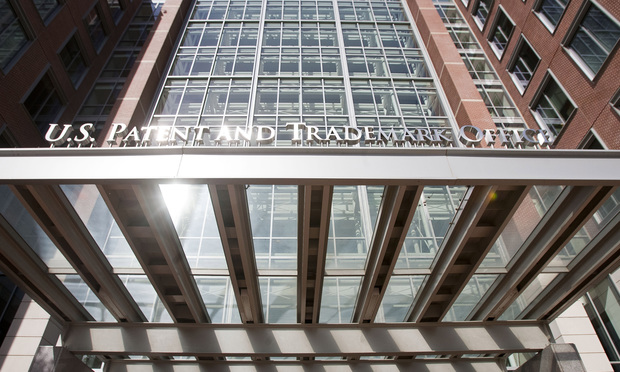With potentially billions of dollars in licensing fees on the line, the Massachusetts Institute of Technology notched a key win Wednesday after the U.S. Patent and Trademark Office decided its gene-editing patents don’t conflict with a patent belonging to the University of California, Berkeley.
The USPTO ruling Wednesday effectively ends the debate between Berkeley and the Broad Institute at MIT over which was first to invent a technique known as CRISPR-Cas9 in multicellular organisms.
This content has been archived. It is available through our partners, LexisNexis® and Bloomberg Law.
To view this content, please continue to their sites.
Not a Lexis Subscriber?
Subscribe Now
Not a Bloomberg Law Subscriber?
Subscribe Now
LexisNexis® and Bloomberg Law are third party online distributors of the broad collection of current and archived versions of ALM's legal news publications. LexisNexis® and Bloomberg Law customers are able to access and use ALM's content, including content from the National Law Journal, The American Lawyer, Legaltech News, The New York Law Journal, and Corporate Counsel, as well as other sources of legal information.
For questions call 1-877-256-2472 or contact us at [email protected]





